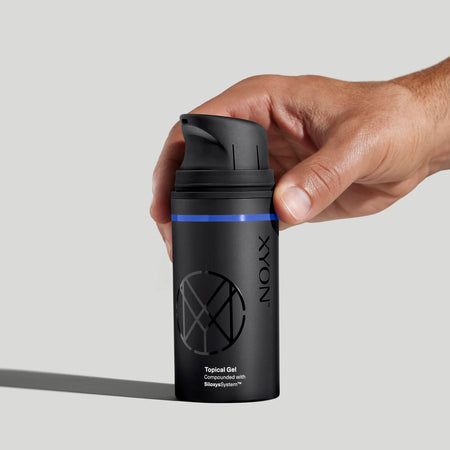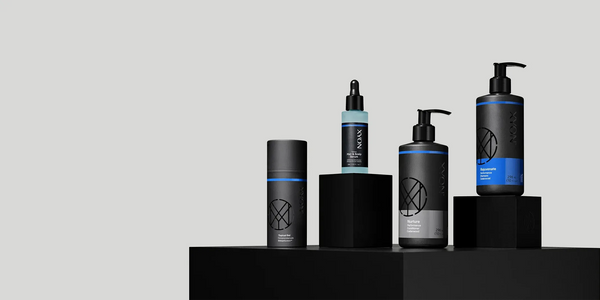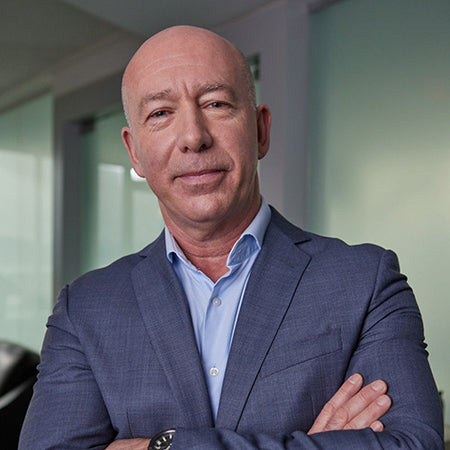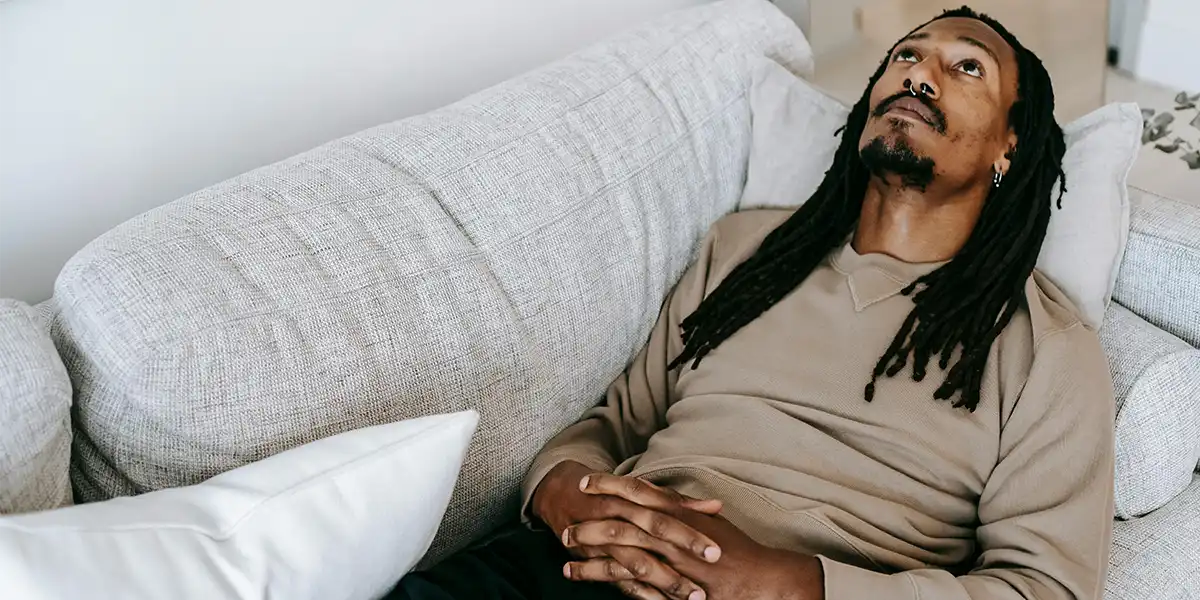Clascoterone (also known as Breezula® or CB‑03‑01) is a new topical androgen receptor inhibitor which was originally approved in August 2020 as Winlevi® cream 1% for acne in young patients aged 12 and above. Studies have shown that a higher dosage of 2.5% to 5% can help combat male pattern hair loss.
How Does Breezula® Work for Hair Loss?
Initial studies saw that Breezula can interfere with the effects of DHT on androgen receptors which is the cause of hair follicle miniaturization. That miniaturization is what causes the hair follicle to slowly thin and eventually shed all together. Rather than reduce DHT production as is the mechanism of finasteride, it is believed that Breezula “competes” with DHT for binding to the androgen receptor (AR), thereby allowing less DHT to bind to this receptor in the hair follicle. The current literature on the effects of Breezula is promising although further testing is still required before the drug can be approved for marketing and sales. (1)


If You're Looking For A Hair Loss Solution, We Have You Covered
Breezula isn't currently available for sale. XYON offers the best solutions available now for hair loss. Find out which one is right for you.
Does Breezula® Regrow Hair?
Early trials of Breezula for stopping hair loss have been positive. Some studies show that its effects might be promising for women under 30, which if confirmed in larger controlled trials, would be great news for young women facing hair loss. Finasteride is not to be taken by women who are trying to conceive or will expect to conceive in the nearer term, and it's advisable that during any efforts to have children male partners ideally avoid topical forms of finasteride in case of absorption through skin contact with their pregnant partner .
A study that began in 2023 with 726 participants is currently near completion, which should give better insight into the longer-term effectiveness of Breezula.
Is Breezula® Better Than Finasteride or Minoxidil?
The short answer is, we simply do not yet know whether Breezula might be better than oral finasteride or topical minoxidil. There is no phase 3 testing yet where trials have been done to compare the options directly. (2). And the earlier clinical trial of Breezula at 5% concentration for hair loss was very limited. Once there is a complete phase 3 trial dataset as well as longer term clinical experience, we will have a better idea of whether Breezula offers advantages of existing treatments. Because Breezula acts differently from finasteride, it is thought to be a potentially safer option for pregnant women or women of pregnancy potential who have pattern hair loss. It is likely to not have the same risk of teratogenicity where finasteride might interfere with the development of male genitalia in a developing male fetus.
What Are the Side Effects of Breezula®?
Only the 1% formula of Breezula has been tested for side effects and it had almost identical results as a placebo at a 7% risk of skin irritation when applied to to face in patients with acne.
The higher strength that would be applicable to hair loss is still under evaluation and therefore the safety profile for the higher dosage being considered for hair loss, is not know. (3) (4)
Can Winlevi® Be Used for Hair Loss?
No, Winlevi is Clascoterone in a 1% concentration and is only approved for treating acne. For hair loss Clascoterone (Breezula) is being developed as a higher 5% concentration. We expect that the data from the hair loss trials for this medication should be available in the nearer term.
When Will Breezula® Be FDA Approved?
Breezula is not FDA approved yet and is still in clinical trial phase. Most reports suggest that an update is expected in 2025d, at which point, if trial results look positive, it may be submitted in 2026 for evaluation by the FDA for approval for treating hair loss. If these timelines are met, launch would likely be in 2027, possibly sooner.
How Breezula® Compares to Other Topical Hair Loss Treatments
Breezula is the first topical androgen receptor inhibitor being tested to combat hair loss. Other topicals such as minoxidil work differently, by stimulating the follicle to improve blood flow, but don’t stop DHT from harming the follicle.
Breezula is the first medication of its kind to be in phase 3 testing for FDA approval. Because topical finasteride is not an FDA-approved treatment, but rather a compounded medication, we’re unlikely to see a comparator study comparing topical Breezula with topical finasteride (or dutasteride).
Breezula® vs. Other Antiandrogens: What’s Different?
Breezula is a topical solution, similar to topical finasteride or topical dutasteride in that it is applied to the scalp. As with other topical solutions, it presents the potential advantage of fewer systemic side effects if absorption is limited. Further clinical trial testing is required to confirm efficacy and side effect profile before we can make any determinations of potential benefits and risk of Breezule for androgenetic alopecia.
Where Is Breezula® Available Right Now?
Breezula® is not yet available anywhere and is still being tested before it can be evaluated for FDA approval.
Should You Wait for Breezula® or Try Other Hair Loss Treatments?
If you are experiencing hair loss, then currently available medications are preferable options. The current FDA-approved options include oral finasteride and minoxidil. Off label oral dutasteride is often used and if clinically indicated, compounded topical forms of finasteride and dutasteride exists as well. If your interest in Breezula is to reduce the risk of side effects associated with oral finasteride, then until it becomes available, you might consider topical formulas of minoxidil, finasteride and dutasteride.
XYON offers a compounded form of topical finasteride with a unique delivery system, known as SiloxysSystemTM, to ensure you get the otpimized scalp delivery with limited systemic drug absorption.
Final Thoughts: Will Breezula® Be a Gamechanger for Hair Loss?
Breezula® is an exciting prospect and would be a great addition to current hair loss medications available if it passes FDA approval and has strong efficacy and safety data. Right now, the impact it has is entirely speculative with promising results so far during early, albeit smaller clinical trials.
Resources:
https://pubmed.ncbi.nlm.nih.gov/33030710/
https://pubmed.ncbi.nlm.nih.gov/30811143/
https://pmc.ncbi.nlm.nih.gov/articles/PMC10173235/
https://pubmed.ncbi.nlm.nih.gov/38834220/
https://pubmed.ncbi.nlm.nih.gov/32320027/
https://pubmed.ncbi.nlm.nih.gov/30811143/




